Bestselling Books with Bad Reviews
Nothing feels like a stab to the gut quite like getting a negative review on your book (well… except for an actual stab in the gut). It’s funny how a few short lines can take us from top of the world to spending days in our PJ’s eating ice cream and binging a Netflix show we’ve already seen twenty times. We know that getting bad reviews can leave you feeling dejected and down, but did you know that there are a large number of best-sellers and critically acclaimed novels that have received their fair share of bad reviews? Here are some you may be surprised by:
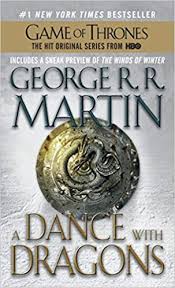 A Dance With Dragons
A Dance With Dragons
You can hardly go anywhere without hearing the phrase Winter is Coming, but the most recent installment of the series, Dance of Dragons, wasn’t universally loved. In fact, it has roughly 740 one-star reviews on Amazon. That didn’t stop it’s sales though and the show is still going strong to this day.

Twilight
That’s right, one of the top-selling books of all time had its fair share of bad reviews. In fact, it has roughly 970 one-star reviews on Amazon currently. That didn’t stop it, however, from launching its own successful movie franchise, topping the best-selling charts, inspiring spin-offs and remaining a beloved YA book to this day.
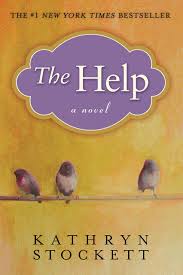
The Help
Another book that also became a very successful movie, this book currently has roughly 220 one-star reviews on Amazon.
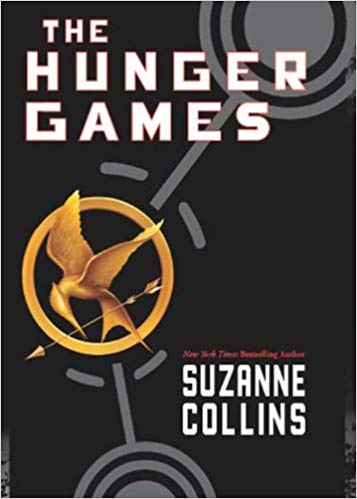
The Hunger Games
Currently holding a staggering 1,160 one-star reviews on Amazon, this series was not only another best seller but another YA series that caught fire in the movie scene as well.
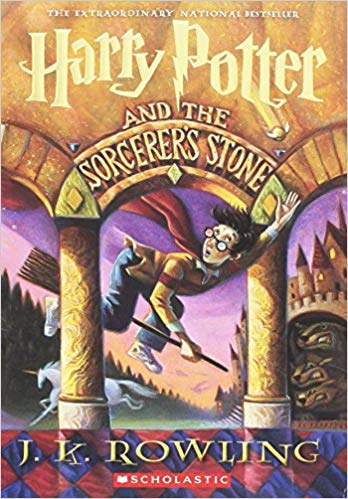
Harry Potter and the Sorcerer’s Stone
Though there are infinitely more good reviews than bad, there are still roughly 410 one star reviews for this book on Amazon. And for crying out loud, this is the best selling series of all time. If J.K. Rowling can get bad reviews, anyone can!
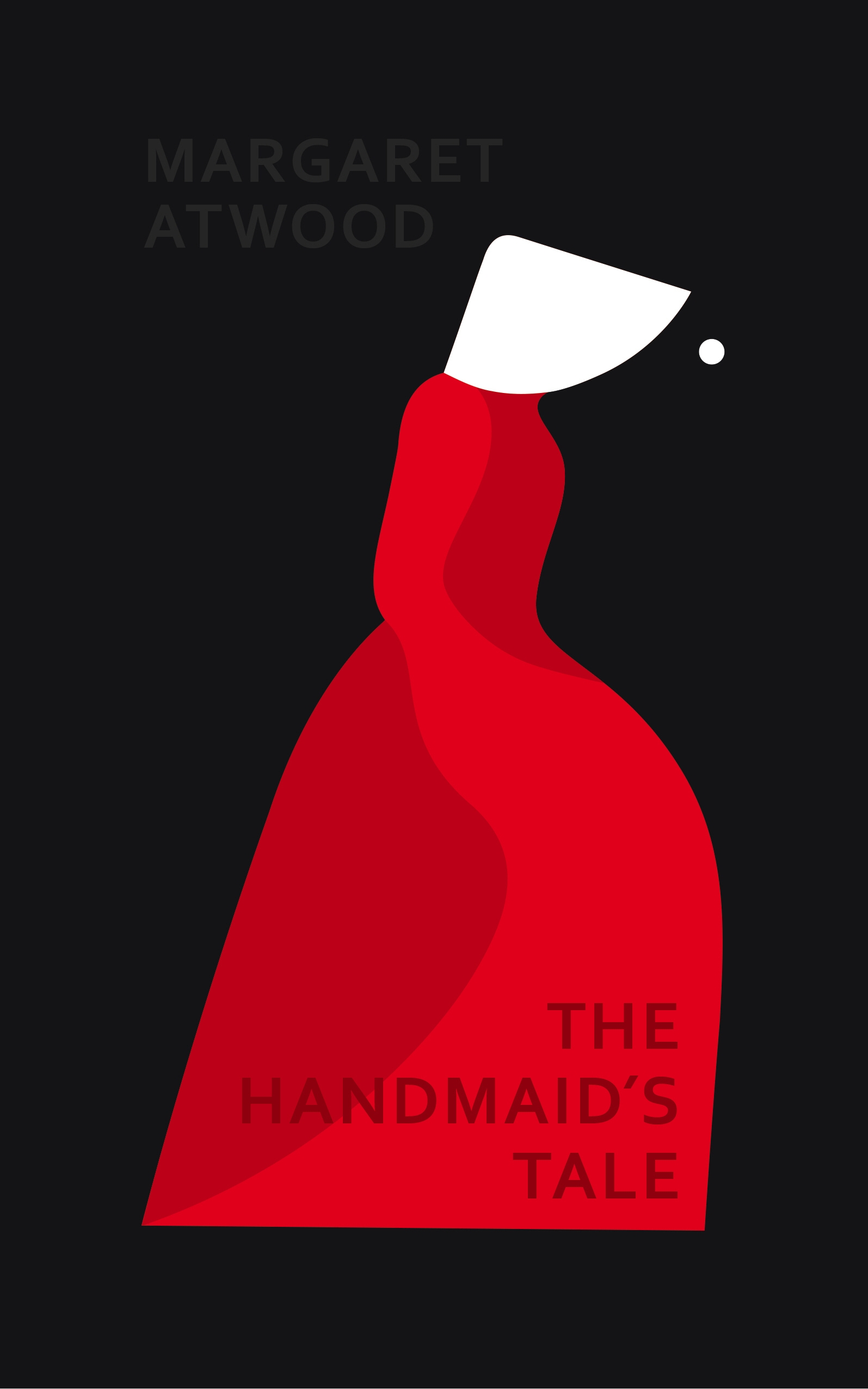
The Handmaid’s Tale
More recently becoming a successful TV series on Hulu, this novel wasn’t universally loved in its time either. In fact, The New York Times once said of the book, “But the most conspicuous lack, in comparison with the classics of the fearsome-future genre, is the inability to imagine a language to match the changed face of common life. No newspeak. And nothing like the linguistic tour de force of A Clockwork Orange – the brutal melting-down of current English and Slavic words that in itself tells the story of the dread new breed. The writing of The Handmaid’s Tale is undistinguished in a double sense, ordinary if not glaringly so, but also indistinguishable from what one supposes would be Margaret Atwood’s normal way of expressing herself in the circumstances. This is a serious defect, unpardonable maybe for the genre: a future that has no language invented for it lacks a personality. That must be why, collectively, it is powerless to scare.”
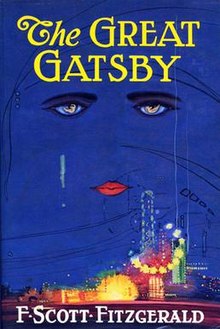
The Great Gatsby
This novel, which is still a favorite to many, received several scathing criticisms in its time. Several reviewers suggested that it is “for a season only” implying it wouldn’t be remembered or acclaimed in time. Yet now it’s being taught in schools across the globe. One reviewer from The Chicago Tribune stated, “Scott Fitzgerald’s new novel, The Great Gatsby is in form no more than a glorified anecdote, and not too probable at that…
“This story is obviously unimportant and, though, as I shall show, it has its place in the Fitzgerald canon, it is certainly not to be put on the same shelf with, say, This Side of Paradise. What ails it, fundamentally, is the plain fact that it is simply a story — that Fitzgerald seems to be far more interested in maintaining its suspense than in getting under the skins of its people.”
Ouch.
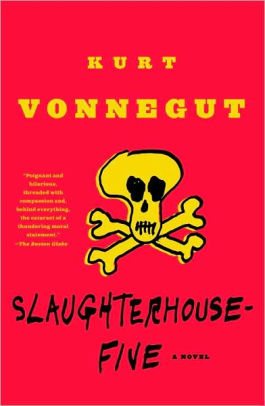
Slaughterhouse Five
Vonnegut is now considered one of the greatest writers of all time by many, and his most famous novel wasn’t immune to criticism. The New York Times once said of the novel, “The short, flat sentences of which the novel is composed convey shock and despair better than an array of facts or effusive mourning. Still, deliberate simplicity is as hazardous as the grand style, and Vonnegut occasionally skids into fatuousness…”
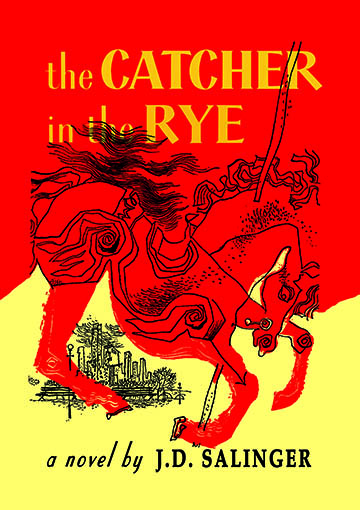
The Catcher in the Rye
Similarly to The Great Gatsby, this novel received several bad reviews when it was released. One in particular from The New Republic stated, “The book as a whole is disappointing, and not merely because it is a reworking of a theme that one begins to suspect must obsess the author. Holden Caulfield, the main character who tells his own story, is an extraordinary portrait, but there is too much of him…
“In the course of 277 pages, the reader wearies of [his] explicitness, repetition, and adolescence, exactly as one would weary of Holden himself. And this reader at least suffered from an irritated feeling that Holden was not quite so sensitive and perceptive as he, and his creator, thought he was.”
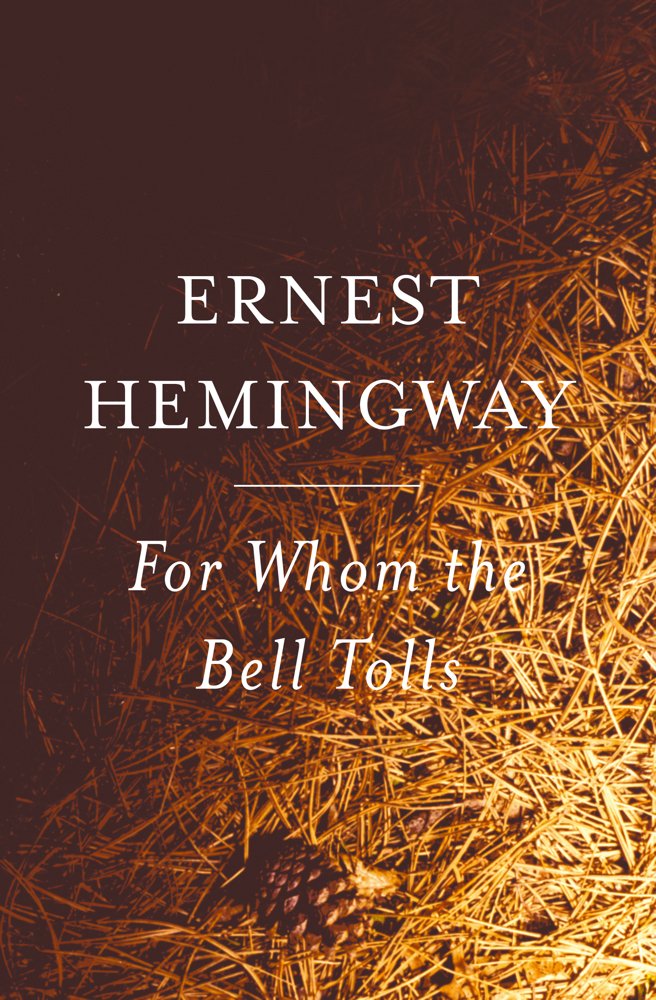
For Whom the Bell Tolls
One of the most famous Authors of all time, Ernest Hemingway, had his fair share of bad reviews too. His novel, For Whom the Bell Tolls, received several similar criticisms regarding the length of the novel, including one from The New Republic that read, “A master of the concentrated short story, Hemingway is less sure in his grasp of the form of the elaborated novel. The shape of For Whom the Bell Tolls is sometimes slack and sometimes bulging. It is certainly quite a little too long.”
Truthfully, we could continue to go on in this fashion for several hours (if we had the time). Virtually every author that we idolize today has received their fair share of bad reviews in their lifetime. Heck, some of Stephen King’s latest novels received up to 500 one-star/two-star reviews on Amazon too. So why is this? And how did they overcome the criticism? Here is our advice for any authors out there who are struggling with negative feedback:
Accept the reality that not everyone will like your book
You need to look at yourself in the mirror and say, “There will be people who don’t like my book and that’s OK.” We get it, fellow writers. Our books are such an intimate part of ourselves and we’re putting it out on display for the world, it will never be easy for that part to feel rejection. But you have to remember that just because you get a bad review, doesn’t mean you’ve written a bad book. The reason that all of these incredibly successful books have received bad reviews is that every single person in the world has individual opinions and reading tastes. It’s impossible to please everyone- it’s as simple as that. We all like to believe our book will be universally beloved, but that’s virtually impossible. You’ll always get at least a few people who don’t like it and the sooner you accept that the better.
Work hard to get positive reviews
If you’re worried about your negative reviews outweighing the positive reviews, there are ways to work hard to get positive reviews. Find prominent reviewers who have an interest or specialty in your genre and forward them review copies of your manuscript in exchange for an honest review. Oftentimes bad reviews come from people who don’t have an affinity for the subject matter, but sending your book directly to those who will almost guarantee a good review is a great way to boost your count. You also have to keep in mind- having bad reviews will also legitimize your positive ones. When you see a book with all positive reviews, readers automatically assume you just got a bunch of family members or made a bunch of fake accounts to give yourself a good score. But when they see the balance between good and bad reviews, they know there’s no funny business going on with your score.

Don’t dwell
This is the most important step in the process. The worst thing you can do for yourself (and for your sanity, quite frankly) is to sit on your computer all day reading and rereading your negative reviews. If you feel that you’ll be really bothered by them, don’t read them at all. If you want to get some constructive criticism so you can learn something valuable to take with you to your next book, that’s fine. But only allow yourself one read through and know which reviews to take to heart and which to brush aside. For example, if someone wrote out a detailed critique of your character arc- that’s someone who has some reading chops and you may learn something valuable. If someone wrote a review that just says, “The main character is the worst,” or something along those lines- brush that one off your shoulder. That person didn’t provide you with any valuable feedback and their critique is based solely on personal opinion rather than an objective literary critique.

